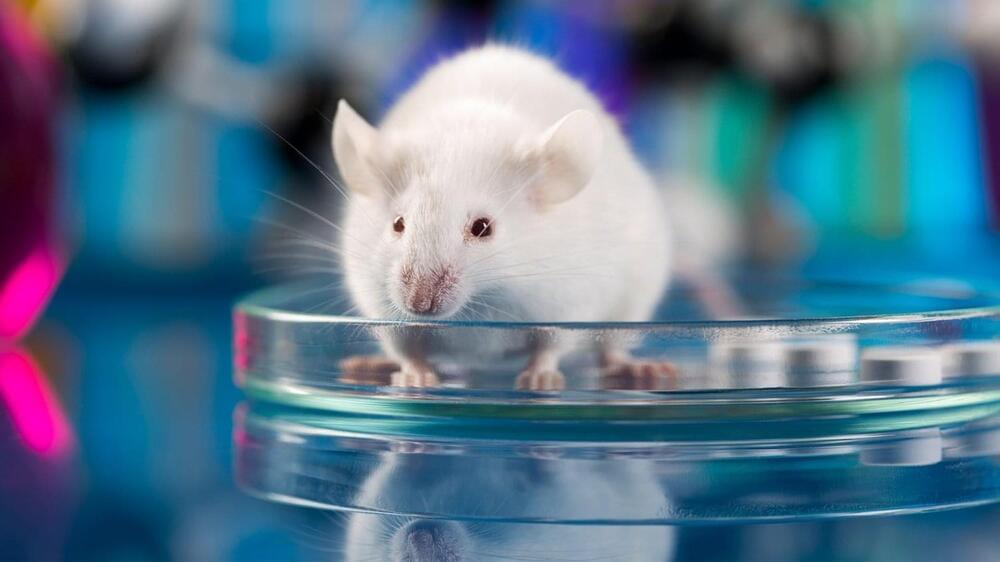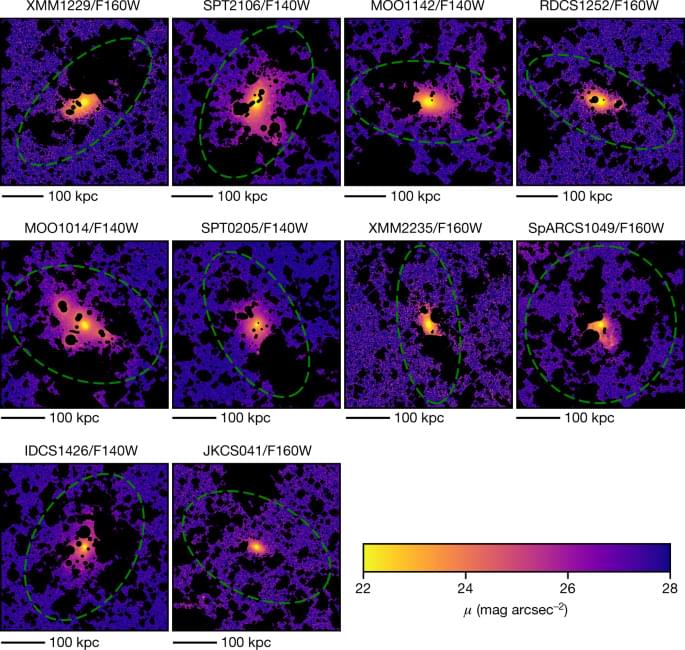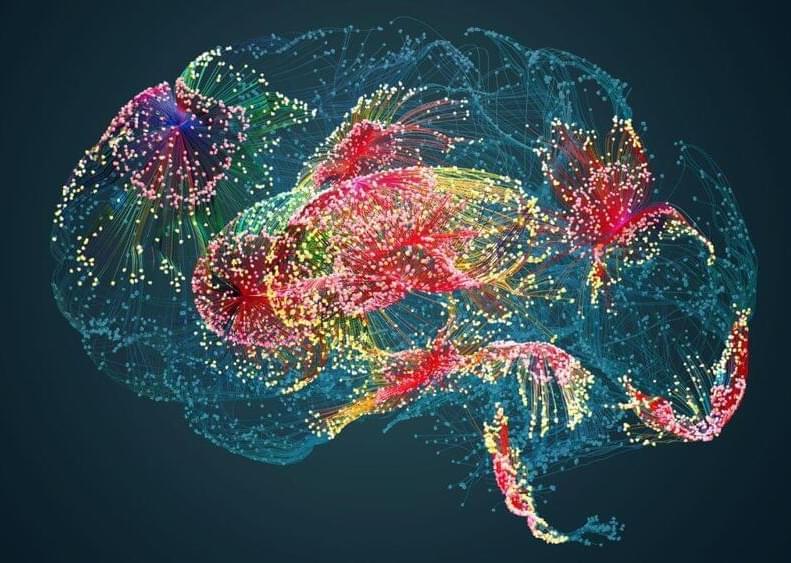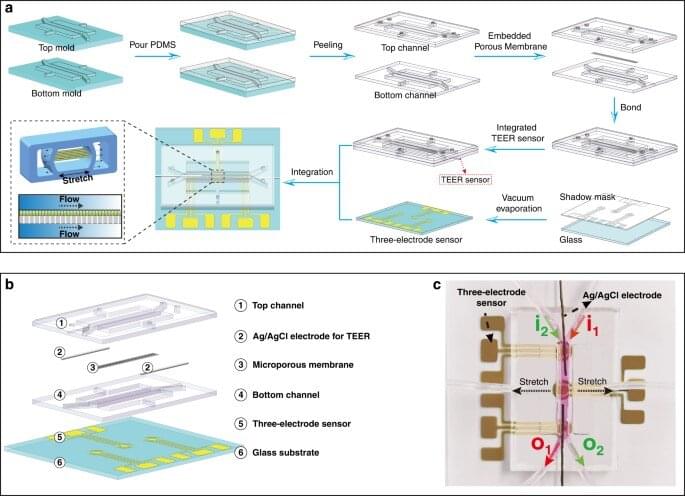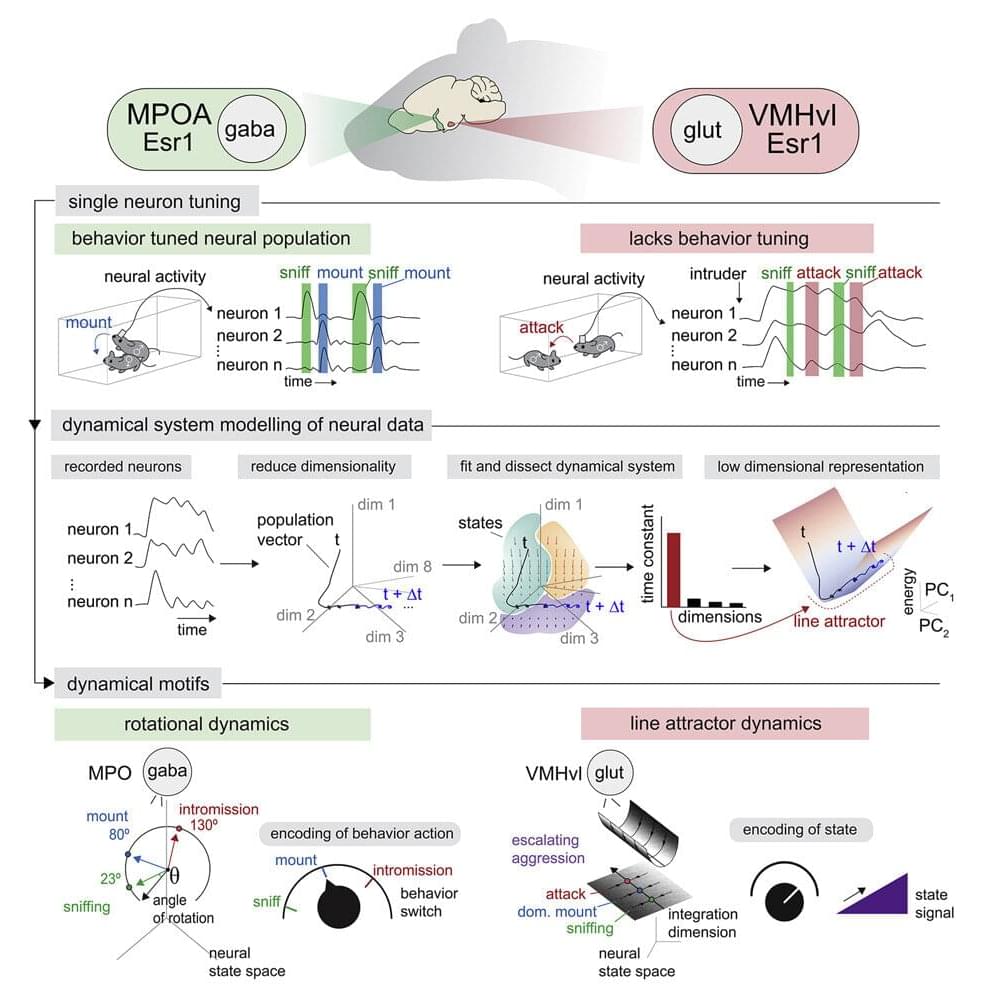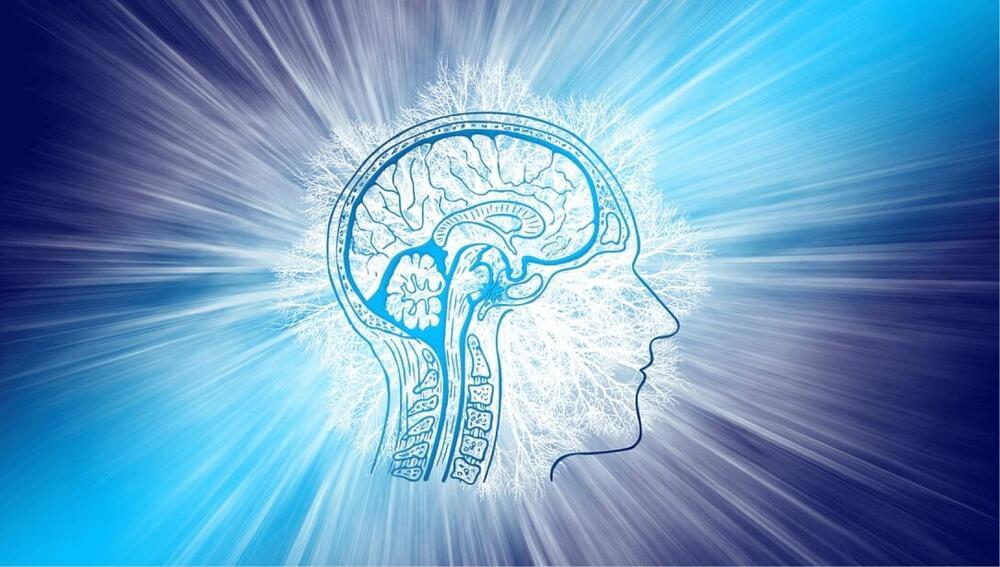Jan 9, 2023
‘Record-breaking’ floods leave Western Australia communities isolated, defence aircraft deployed for rescue
Posted by Shubham Ghosh Roy in category: climatology
Record-breaking floods in Australia’s northwest have resulted in many communities getting isolated, Australia’s weather forecaster said on Sunday (January 8). Severe weather system Ellie has created an emergency situation in Kimberly, an area in the state of Western Australia which is about the size of California.
The town of Fitzroy Crossing, a community of around 1,300 people, has been among the worst hit, with supplies having to be airlifted in due to flooded roads.
The Bureau of Meteorology said on Sunday that rain had eased as the ex-cyclone shifted eastwards to the Northern Territory, but warned that “record breaking major flooding” continued in the Kimberley.


